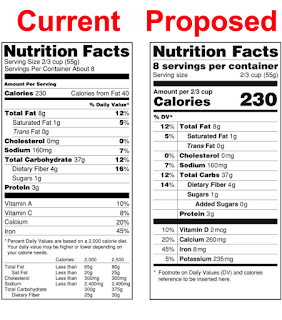THE REAL SCIENCE OF BUILDING MUSCLES WHY ITS IMPORTANT
THE REAL SCIENCE OF BUILDING MUSCLES WHY ITS IMPORTANT
You probably understand the importance of building and maintaining muscles. But in case you are not up on the latest research, here's a quick summary of the power of your muscles.
Muscles balance hormones, bolster the immune system, help maintain physical function, prevent injuries, allow for efficient movement, enable strength and power gains, manage metabolism, and improve posture and overall aesthetics.
Building muscle isn't complicated, but it's not as simple as those sketchy supplement ads make it seem. Think of it like growing a plant—you need the right ingredients and a lot of patience.
The Trifecta of Gains
Your muscles don't grow while crushing it at the gym (surprise!). They grow when you give Netflix way too much attention on your couch. But to make that magic happen, you need three things working together: training that challenges you, food that fuels you, and rest that rebuilds you.
Training: The Science of Catabolism and Anabolism
You must stress your muscles or tear them down(catabolism). In response, the muscles adapt by growing stronger(anabolism).
Lift moderately heavy weights that allow you to move without too much strain in a moderate rep range (8-12 times). That's your sweet spot.
Start with weights that challenge you, but don't make it impossible to maintain form. Then, gradually add more weight or reps, but not both simultaneously. That's how you grow.
Limit those fancy isolation exercises you saw on Instagram. Your new best friends are the classics: squats, lunges, deadlifts, bench presses, pushups, pullups and rows. They're like the compound interest of exercises - maximum returns for your effort.
Eating: Because You Can't Build a Fortress Out of Air
Remember when your mom said you must eat to grow big and strong? She wasn't wrong. Here's what your muscles are hungry for:
Protein is your building block. Aim for 1.6-2.2 grams per kilogram of body weight daily. If math isn't your thing, that's about 112-154 grams for a 70kg (154 lb) person. First, get it from real food - meat, fish, eggs, dairy, legumes. Protein shakes are fine, but they're supplements for filling in gaps.
And yes, you need to eat more calories than you burn. About 300-500 extra calories a day should do it. Will you gain some fat? Probably. But trying to build muscle without gaining any fat is like trying to bake a cake without making a mess - technically possible, but way harder than it needs to be.
Sleep: Where the Growth Happens
This is the part commonly ignored. When you sleep, your body becomes a construction crew, repairing and building muscle tissue. Skimping on sleep is like giving your construction workers coffee but no tools.
Get 7-9 hours of sleep. Every night. Not just on weekends.
Take at least one full day off each week. Your muscles don't have a Spotify premium subscription - they need breaks between sets.
Listen to your body. If everything hurts and you feel like you've been hit by a truck, take an extra rest day. The gym will still be open tomorrow.
The Simple Truth About Supplements
Want to know a secret? Most supplements are junk and possibly dangerous. The two supplements supported by science for muscle growth are:
Creatine monohydrate (5g daily)
Protein powder (only if you struggle to get enough from food)
That's it. Everything else is expensive hype.
The Reality Check
Building muscle is like watching grass grow - it happens, but you won't see it by staring at it. As a beginner, you might pack 1-2 pounds of muscle monthly. After that, progress slows down. Anyone promising more is either lying or selling something you shouldn't buy.
But here's the good news: this stuff works if you work it. Take progress photos (in the future, you will thank you), track your lifts, and be patient. Really patient. Rome wasn't built in a day, nor will your biceps be.
Remember: The best workout plan isn't the one some jacked dude sells on YouTube—it's the one you'll stick to. Master these basics, stay consistent, and trust the process. A year from now, you'll wish you had started today.




Comments
Post a Comment